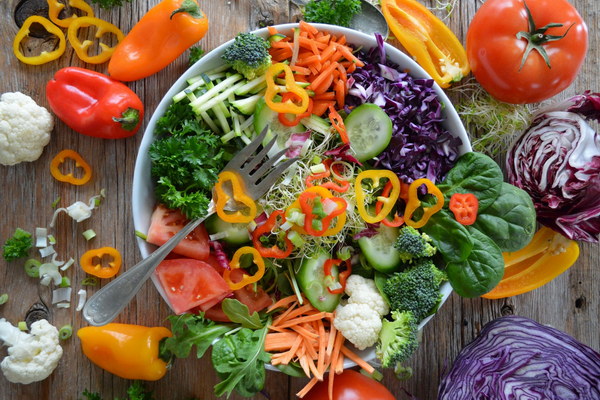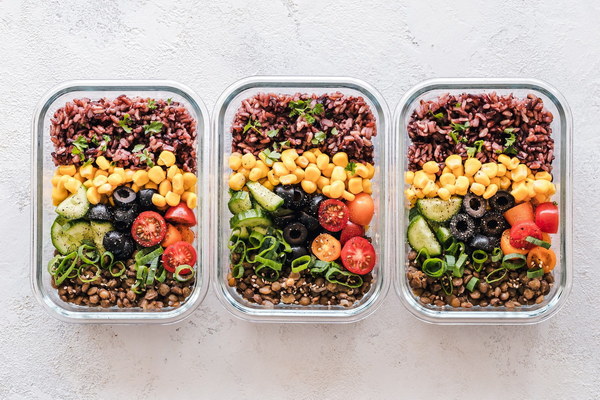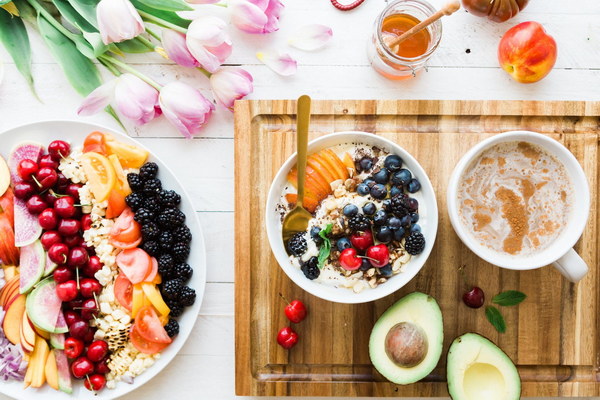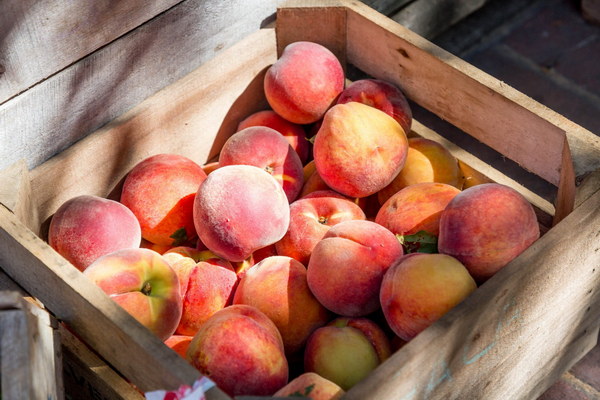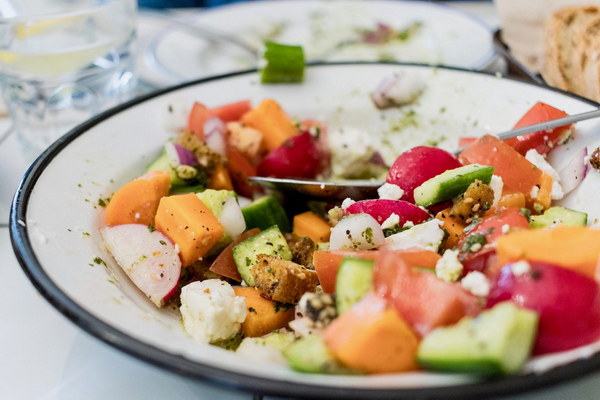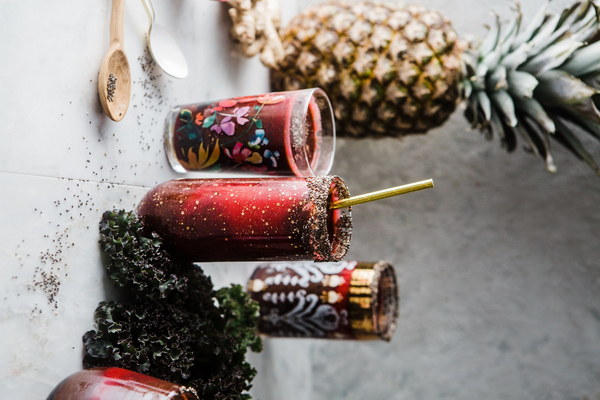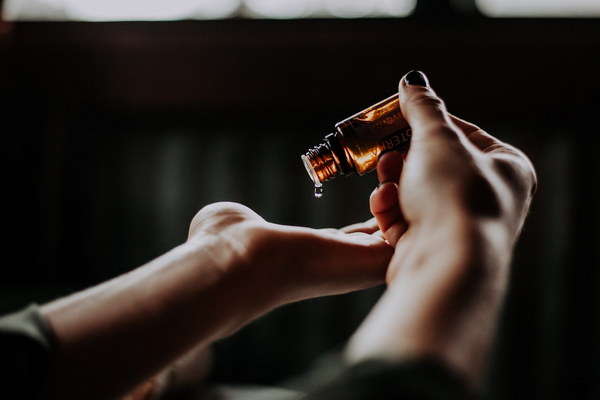Nourishing Foods for a 50-Year-Old Woman's Health and Well-being
As women reach the age of 50, their nutritional needs begin to change. Menopause, hormonal fluctuations, and other age-related factors can impact the body's ability to absorb nutrients. To maintain optimal health and well-being, it is essential for 50-year-old women to incorporate certain foods into their diet. This article highlights some of the best foods that can help nourish a 50-year-old woman's body and mind.
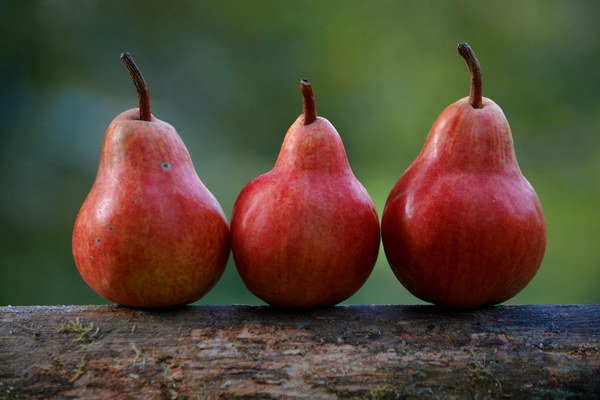
1. Fatty Fish: Omega-3 fatty acids found in fatty fish such as salmon, mackerel, and sardines are beneficial for heart health, joint function, and brain function. These omega-3s can help reduce inflammation and lower the risk of chronic diseases such as heart disease and Alzheimer's disease.
2. Leafy Greens: Dark leafy greens like spinach, kale, and collard greens are packed with essential nutrients such as calcium, iron, and vitamins A, C, and K. These nutrients are vital for bone health, as well as for maintaining healthy skin, hair, and eyes.
3. Nuts and Seeds: Almonds, walnuts, chia seeds, and flaxseeds are excellent sources of healthy fats, protein, and fiber. They also contain antioxidants and essential nutrients like magnesium, which can help regulate blood sugar levels and support heart health.
4. Eggs: Eggs are a great source of high-quality protein and essential nutrients like vitamin D, vitamin B12, and choline. Choline is particularly important for brain health and can help reduce the risk of cognitive decline as women age.
5. Berries: Berries such as strawberries, blueberries, raspberries, and blackberries are rich in antioxidants, which can help protect the body against oxidative stress and inflammation. These antioxidants may also improve brain function and memory.
6. Legumes: Legumes like lentils, chickpeas, and black beans are high in protein, fiber, and essential nutrients such as iron, magnesium, and potassium. These nutrients are important for maintaining healthy blood pressure, supporting heart health, and preventing nutrient deficiencies.
7. Dairy or Dairy Alternatives: Calcium and vitamin D are crucial for maintaining strong bones and preventing osteoporosis. Dairy products like milk, cheese, and yogurt are excellent sources of these nutrients. For those who are lactose intolerant or vegan, fortified plant-based milk and cheese can be good alternatives.
8. Lean Proteins: Lean proteins like chicken breast, turkey, and tofu are important for muscle repair and growth. They also provide essential amino acids that are necessary for the production of hormones and enzymes.
9. Whole Grains: Whole grains such as brown rice, quinoa, and oats are rich in fiber, vitamins, and minerals. They can help regulate blood sugar levels, improve digestion, and support heart health.
10. Water: Staying hydrated is essential for overall health and well-being. Drinking plenty of water can help maintain kidney function, support digestion, and keep skin looking youthful.
Incorporating these nourishing foods into a balanced diet can help a 50-year-old woman maintain her health and well-being. However, it is essential to consult with a healthcare professional or a registered dietitian to tailor the diet to individual needs and preferences. Remember that a healthy lifestyle, including regular exercise, adequate sleep, and stress management, is also important for optimal health at any age.
